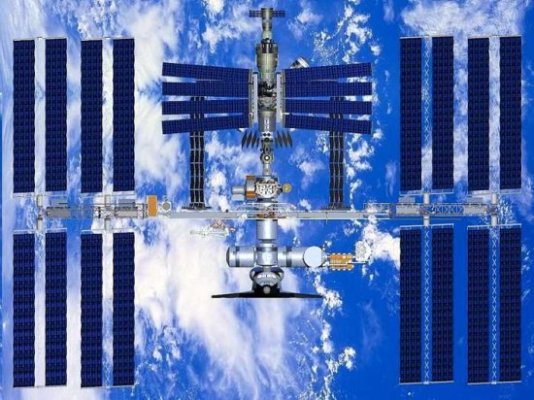When I was just a wee pupil, an excellent science fair project didn’t get you much. At best, you walked away with a blue ribbon and the satisfaction of knowing your paper mache volcano was better than your friends’. These days, a great science project can win you much more, like the opportunity to attend a rocket launch in Japan. Way cooler, yes?
Thanks to a partnership between Lenovo and YouTube, students from all over the globe will be able to submit an explanation of their experiments through YouTube for a chance to have those experiments conducted in space. The project is called Space Lab and it officially kicks off today.
Here’s how this is going to work:
Students between the ages of 14 and 18 from anywhere in the world can submit projects from now until December 7. During the first week in January, world-renowned judges including Professor Stephen Hawking and JAXA astronaut Akihiko Hoshide of Japan will get together and decide who came up with the best ideas.
Then in March of 2012, both the regional and global winners will be announced. Regional winners will include six contestants from each region from both the 14-16 age bracket and the 17-18 age bracket. That’s 36 regional winners, if my math’s up to snuff. Prizes for regional winners will include a special trip to Washington D.C., the opportunity to experience true weightlessness on a ZERO-G flight, or a Lenovo IdeaPad U300s Ultrabook.
There will only be two global winners selected — one from the 14-16 bracket and another from the 17-18 bracket. The main prize will obviously be the chance to watch a live stream of your very own experiment being conducted on the International Space Station in space. The other facet of the prize package includes either the opportunity to train in Star City, Russia (home to the Yuri Gagarin Cosmonaut Training Center), or get a front row seat to watch your experiment blast off in Japan.
The live stream will happen sometime during the summer in 2012. Even though that’s a ways off, you really only have about three months to think up your experiment and submit it into Space Lab. In other words, get to work future space geeks.
